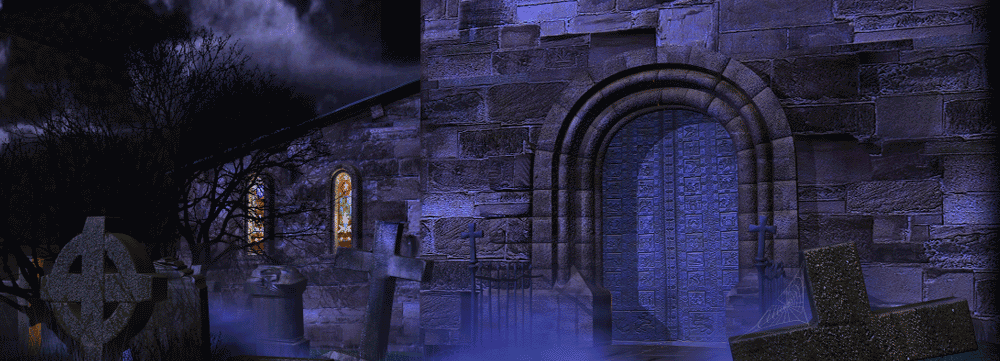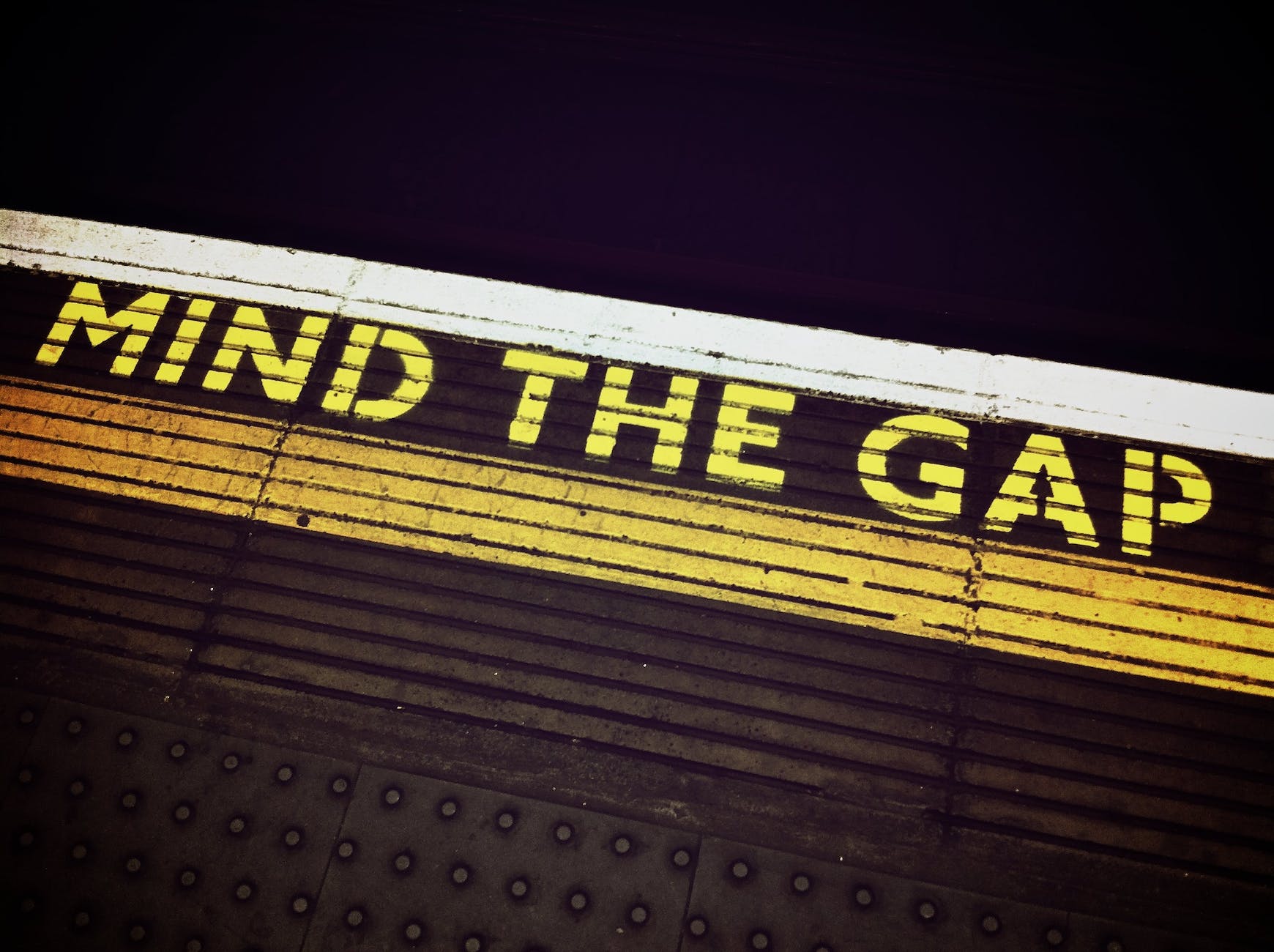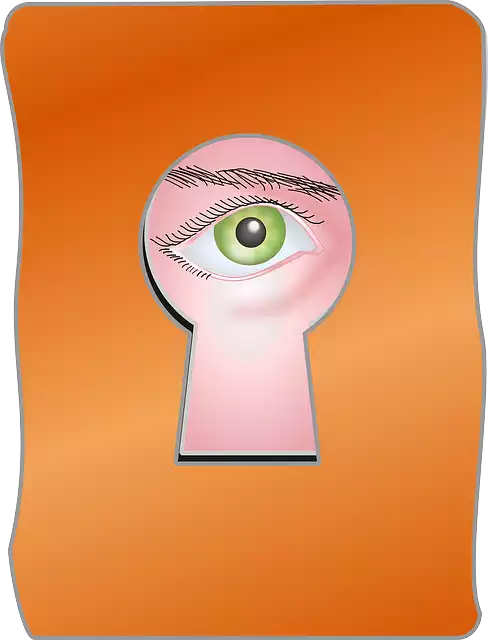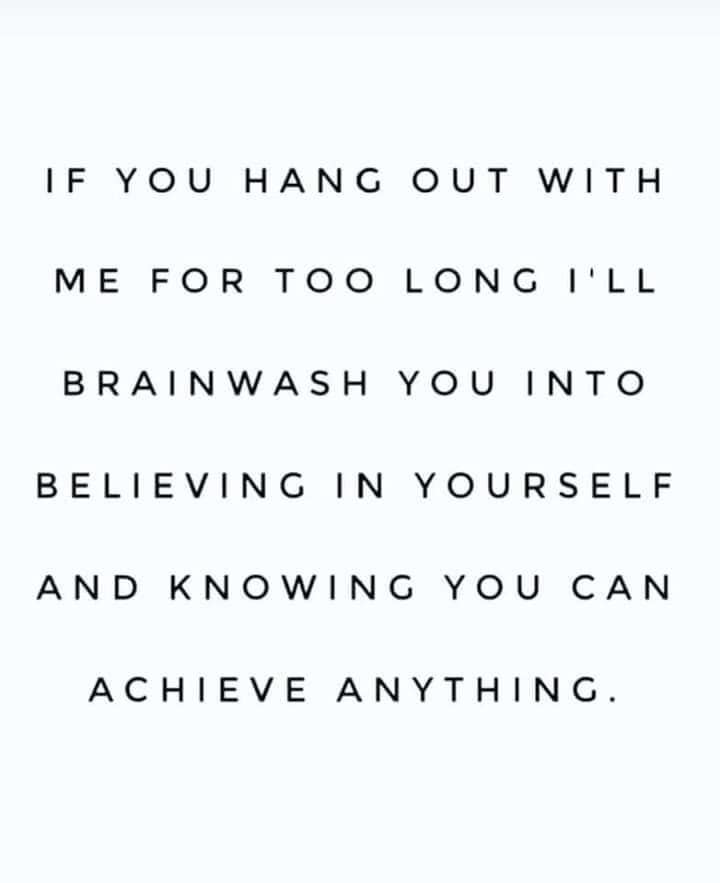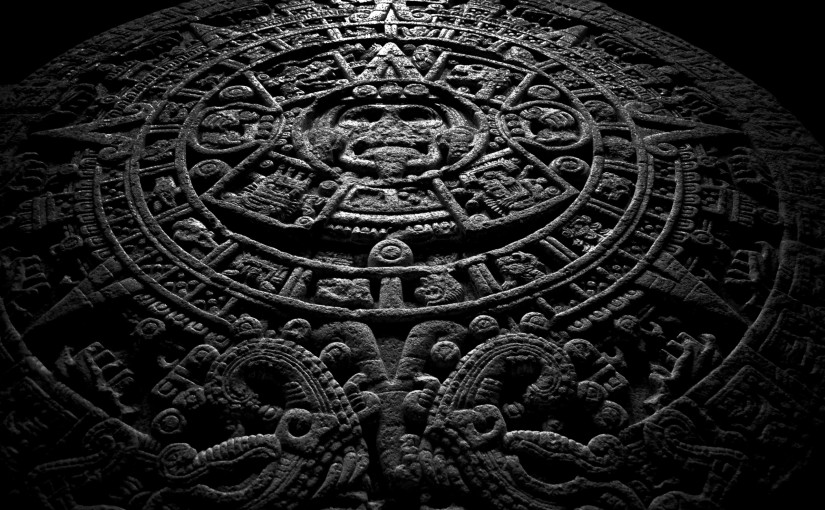Freedom in Sartre’s conceptual perspective is too limited to recognize certain specifics. It also requires a limited-to-the-instant perspective that closes out past and future intention’s relationships out.
Three concepts Merleau-Ponty stresses alternately to Sartre’s are:
- Freedom can only be true if it is of a fluid existence; to be broken up into individual related events.
- Obstacles don’t appear to form obstacles, they show alternative optional paths.
- “The real choice is that between our whole character and our manner of being in the world.” Pg 438.
Merleau-Ponty sees a non-separational perspective to freedom which opens up recognition of the past and how it influences the present as well as future projects. Living only in the now is a limiting concept on freedom. The strongest thing about this is that our past is influential in our day to day lives regardless of our consciousness of the reactions occurring. For example, my entire life there has been a rift between my eldest uncle and myself, which for many years I had no clue why. After discussing my near “fear” of him with my mother I learned when I was 10 months old he had played peek-a-boo with me and scared me. After that point in time, I avoided him. There is no other explanation for my shyness with this particular uncle, which is a key example that the consciousness and the choice to allow the past to influence yourself cannot occur.
He also touches on the concept that obstacles are more a mountain in the middle of a plain. You do not have to go over; you can go around it or just stop there. You cannot consider it a limiting factor without looking at the entire environment and the future perspectives you have.
He also seems to feel that the only real factor to where the concept of freedom occurs is the point where one must choose how to live their lives. Whether that choice should be to focusing the self character and which concepts are the most important to our being, and how we live our world around us.
I guess I would ask Merleau-Ponty why he chooses to view probability as non-existent and rather just as only being phenomena. It seems that with all options there is a semi-finite listing of what could occur, so they seem semi-predictable and concrete.
